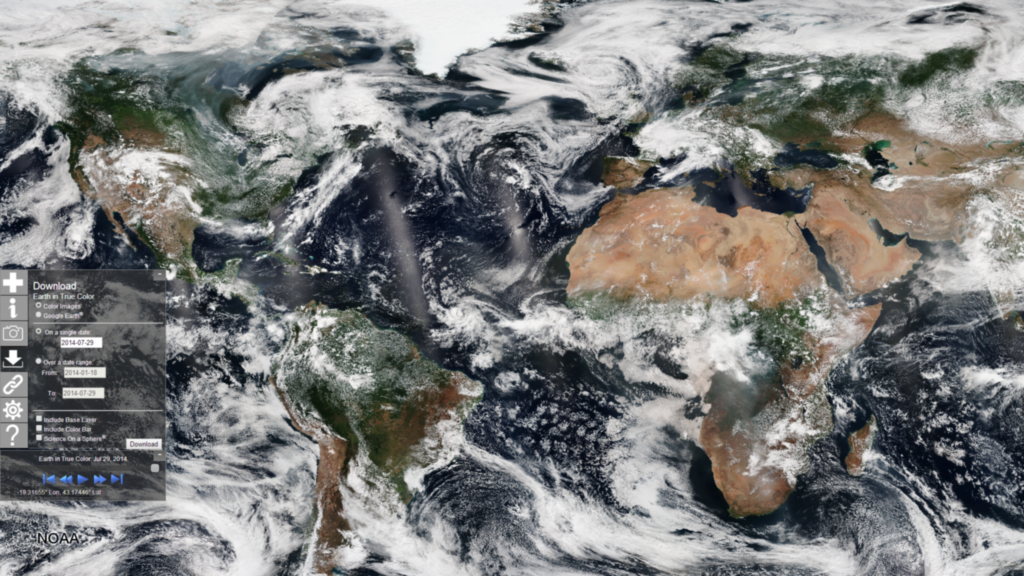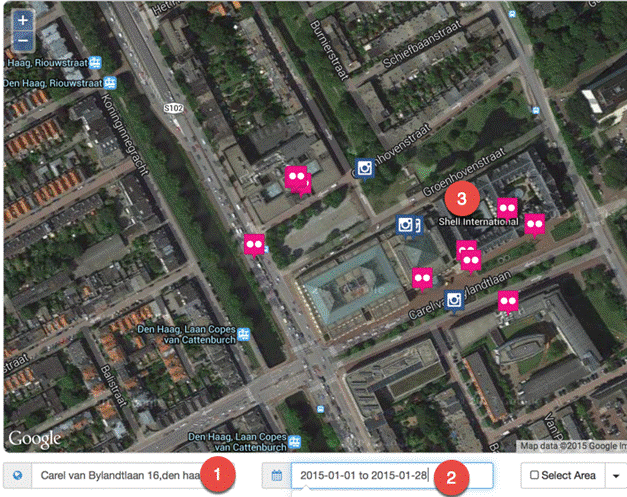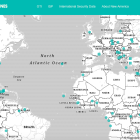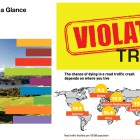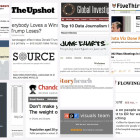Data Journalism
The Research Desk: Tips and Tools
|
The Research Desk with Gary Price is back, with its second installment, featuring a roundup of new tools — the WHO’s MiNDBANK database, with documents from 170 countries; ePSIplatform, on open data in the EU & worldwide; new UN report on wastewater; NATO archives expand; and the Getty Thesaurus of Geographic Names.

